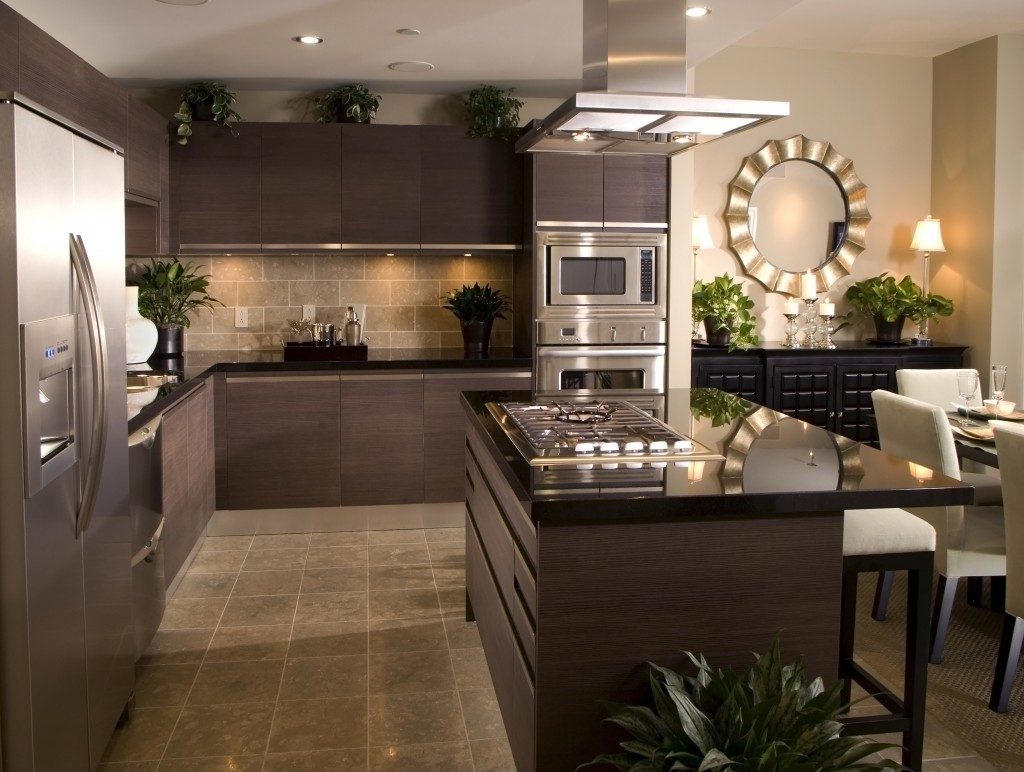Your apartment is a part of you, even if you’re only renting it. As much as you love your space the way it is, there’s always room for improvement. But don’t get too excited to overhaul your apartment. Every rental property has its set of rules enforced by the landlord. You’ll need a solid strategy to get your landlord’s nod to any major changes to your unit.
Here’s what you can do to get that dream renovation going.
Start with Small Improvements
It’s always smart to build a good professional relationship with your landlord, especially if you want to make significant changes to your unit, such as installing new windows. One of the ways you can win your landlord’s trust is by making small improvements to your unit. Start with changing old wallpaper or replacing old taps. Once you’ve racked up these small achievements, try asking your landlord if you could take on bigger projects.
Do Your Research
 Before proposing anything to your landlord, it’s important to do your due diligence and read up on your rental contract. See if it says anything about the extent of changes a renter can make. If you want to make a big renovation to fix an issue, it’s also in your best interest to review Salt Lake City laws on major repairs. If there’s anything that can convince even the sternest landlords, it’s cold, hard facts.
Before proposing anything to your landlord, it’s important to do your due diligence and read up on your rental contract. See if it says anything about the extent of changes a renter can make. If you want to make a big renovation to fix an issue, it’s also in your best interest to review Salt Lake City laws on major repairs. If there’s anything that can convince even the sternest landlords, it’s cold, hard facts.
Prepare and Present Designs
When making a case for changes, it helps to provide visual aids for your landlord to see. Try to start with creating a mood board with designs you found online. If you don’t know where to start, try signing up to Pinterest.com and searching for designs that fit your vision.
Talk About Adding Value
Improving a feature in any property will increase its value, but it depends on whether that change is actually worth the time or money to do. Kitchen and bathroom upgrades are almost always going to give big returns, so your landlord might be inclined to allow them. They won’t always be on board with more experimental and personal projects, though.
The best thing to do is to find a middle ground between your preferences and your landlord’s potential profit or benefit from the renovation. If you do plan on renovating your old kitchen, you might have to opt for a neutral color scheme to make sure it will be fairly acceptable to the next tenant – should you decide to move out.
If you have a bit of interior design or architectural know-how, draft a plan for your improvement. You can also walk your landlord through your apartment to show them the spot you propose changing. Reasonable landlords can make an informed decision when they have a clear picture of what you want to get done.
While you do have the right to make major changes to your unit, landlords are often the ones who initiate renovations. It’s important to create a clear case for them to allow your plan. Give them solid evidence that justifies your proposed improvement. Have an estimate of how it will cost, too. They’ll usually pitch in if they think it’ll add significant value to the apartment. If they’re reluctant to do so, volunteer to shoulder the bulk or all the renovation expenses. It is your personal project, after all.

